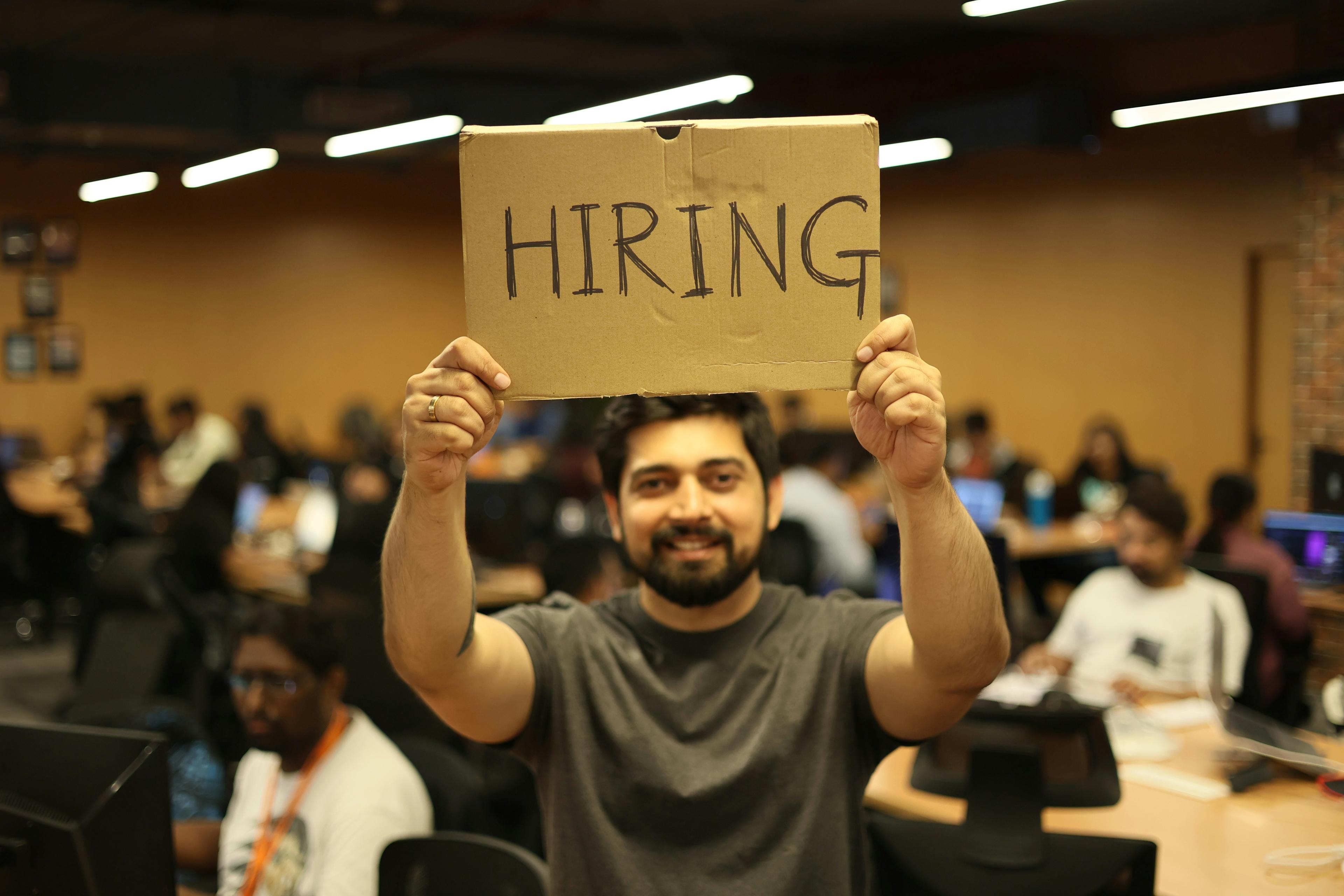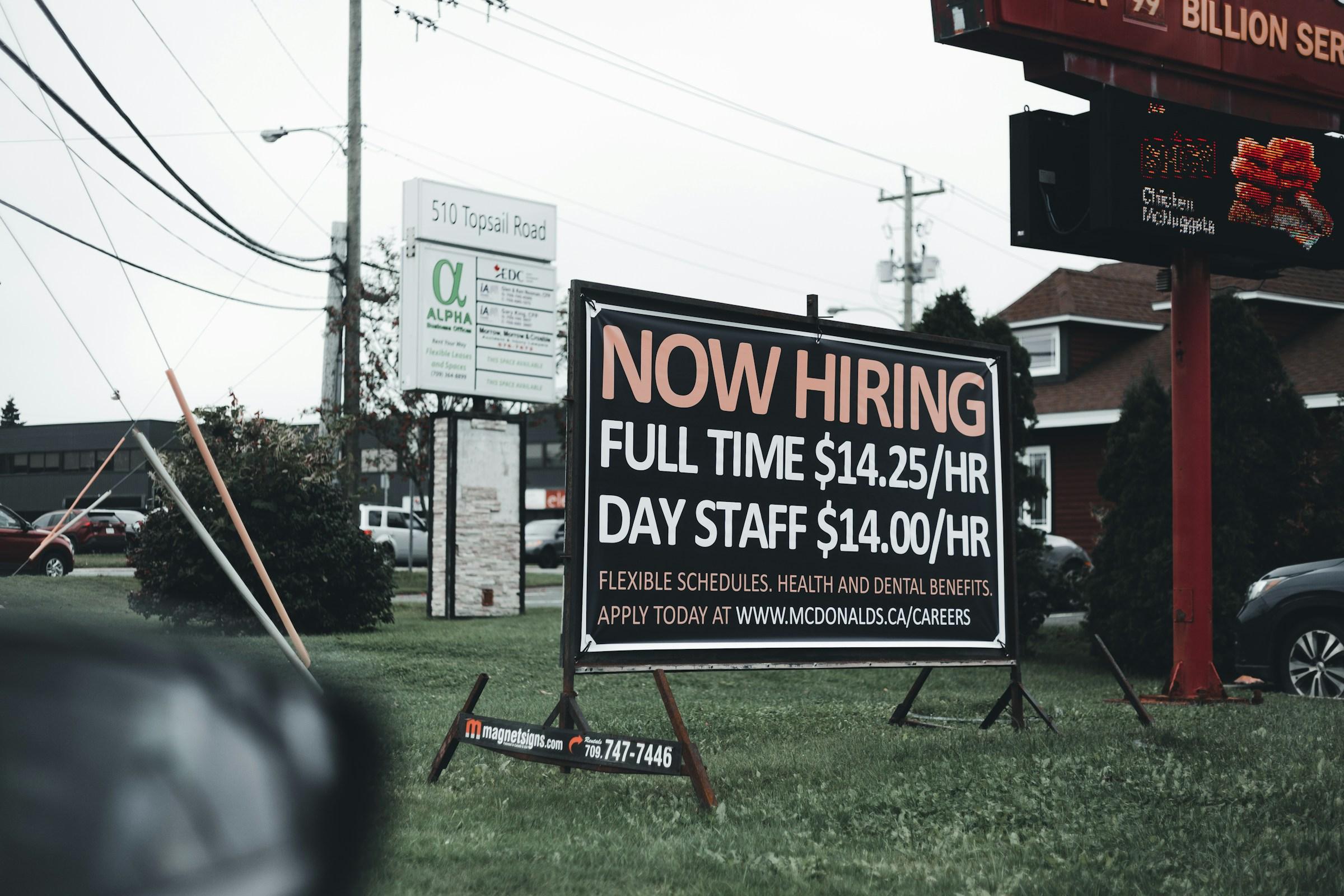Some careers look like a ladder, neat and predictable. Others feel more like a series of rooms, each with a different set of windows, tools, and levers. The habit of staying in one room for a long time, often called job hugging, invites very different outcomes depending on what you do with the tools inside. Some people treat the same seat as a place to hide from uncertainty. Others use it as a platform to widen their reach and deepen their influence. The act of staying is not the variable that decides your trajectory. The variable is leverage. The real question is whether the role you occupy keeps increasing the level at which your decisions change outcomes.
A seat can be a compounder when it allows repeated cycles of learning that translate into control over larger decisions. You begin by mastering the tools that sit closest to you. You end by shaping how other people use those tools, by deciding where capital flows, and by setting the story that pulls customers and talent toward the business. If the same title lets you climb from tool work to decision work to narrative work, then staying put becomes rational. Your calendar fills with choices that carry wider blast radius. Your compensation grows because your influence on cash flow grows. Your brand travels because the results can be decoded outside your company. The title does not change, yet the altitude does.
The opposite happens when familiarity becomes the metric. Managers applaud reliable dashboards. You repeat a play that once worked. You defend your corner because you are good at it. A quarter slips by, and your outputs look tidy. Two more quarters pass, and the outputs still look tidy. From the outside it reads as steadiness. From the inside it is scope stagnation. The job begins to reward repetition instead of reach. Pay may rise because the market is hot, not because your decision surface expanded. When the market cools, the gap between price and substance reveals itself. People who once looked irreplaceable discover that they only maintained a console. They did not raise the ceiling for the system.
This is why staying in one seat is never neutral. Each quarter changes your option set. If your remit widens and your decision quality tracks that change, the next seat you could move into gets bigger even if you do not move. If your remit stays flat, your future options narrow even if your loyalty earns praise. Time always compounds something. It either compounds leverage or it compounds inertia. You cannot outwork the math with sentiment.
A practical way to tell which way the compounding flows is to write a short audit that you review every three months. Start with scope. Make an honest list of decisions you can now make without escalation that you could not make when you started. If that list grows, you are gaining altitude. If it remains thin, you are farming the same patch with nicer tools. Move to value next. Map your weekly activities by their effect on revenue, cost, or strategic acceleration. Track the share of hours you spend above the median impact of your own activities. If that share rises across quarters, your time buys more. If it stays flat, your time buys sameness. Then test for fragility. Imagine you vanish for six weeks. If nothing breaks, you may be too interchangeable. If everything breaks, you are a single point of failure. Neither state is healthy. The healthy state is a robust system that works in your absence, then performs better when you return because you elevate decisions rather than patch gaps. Finally, examine optionality. Ask what new doors your current seat opens that you could walk through without your current employer. If your network, references, and case studies only matter internally, you are hostage to one balance sheet. If they translate outside, you have portable proof.
A common objection surfaces at this point. People say that moving every eighteen months destroys trust and resets context. That can be true when the move is random, when it is a reaction to boredom, or when it trades depth for novelty. It does not follow that staying guarantees growth. Markets shift, business models tilt, and legacy lanes lose pricing power. Remaining in a role for four years while the industry migrates can trap you in skills that no longer buy leverage. The proper anchor is rate of learning that turns into rate of better decisions. If your weekly review shows that you are deciding more important things with clearer models than ninety days ago, the bet to stay makes sense. If your weekly review shows that you are deciding faster but not deciding more consequential things, you are optimizing speed at the wrong altitude.
This distinction matters because compensation is downstream of real influence. Pay follows scarcity and impact. When your compensation grows due to a tight market for your title, you are surfing a temporary premium. When it grows because your decisions move revenue or reduce risk in ways the company can defend, you are converting leverage into price. The same job title can reflect either story. One erodes when tides change. The other persists because the value creation is legible.
Managers shape these outcomes more than they admit. A strong manager expands scope without relying on empty titles. A strong manager hands you decisions that matter, sets clear numbers, and gives air cover when experiments fail for honest reasons. A weak manager hoards decisions and praises steadiness because steadiness is easier to manage and easier to report upward. If your manager shields you from risk so your dashboard looks clean, that is not protection. That is drift. The adult request in this situation is simple. Tie my growth to a business objective that leadership actually tracks, then judge me against that linkage. Titles and tidy charts do not substitute for exposure to consequential choices.
Reputation complicates the picture because people outside your company see titles and dates, not the interior of your scope. If you choose to stay, help the market see the interior without turning your work into a performance. Keep a short case library that documents the decisions you own and the outcomes you drove across teams. Refresh it twice a year. When a recruiter notices the same title for thirty six months, you can share a crisp narrative that shows real scope change. When you cannot produce the receipts, the silence writes a different story.
If you are in a seat that feels safe yet small, avoid the temptation to resign in frustration. Design an experiment inside the role. Choose a ninety day leverage bet that would alter your decision surface. Ask to own pricing experiments for a tier. Offer to take final call on a hiring plan inside a budget envelope. Propose to rebuild onboarding so conversion improves without additional spend. Name the metric, name the date, and write down the expected risks. If you get the space and then deliver, you have evidence that staying compounds. If you get a stall, or a yes that dissolves into no, you have a clean signal that it is time to leave. In both outcomes you have acted like an owner rather than a passenger.
Founders and executives should consider what they reward if they want to keep talent compounding in place. Reward mastery that produces systems other people can use, not mastery that locks one person to one console. Encourage movement across adjacent domains where the learning curve is steep and where decisions sit at a higher level of abstraction. Be careful with title inflation that soothes desire without altering leverage. Watch for busy dashboards that mask a flat scope. A company scales when it increases the density of people who can make good decisions at higher levels. That density grows when the same seat grants wider and wiser choices over time.
Depth deserves a defense here. Job hugging is often a slur thrown by people who chase novelty. Depth has real power. The problem is depth without architecture. The best operators stay long enough to write playbooks that make their presence optional, then they buy bigger surface area by changing the room or by changing the nature of the work in the same room. A channel manager becomes a P and L owner. A data engineer becomes the person who sets instrumentation priorities that shape what gets built. A star closer becomes the one who designs pricing models that lift average deal size across the book. From the outside the role appears unchanged. On the inside, the leverage profile tilts toward decisions that multiply the work of others.
You can test your own posture with a simple thought experiment. Imagine that you accept a two week break with no warning. If nothing breaks, consider how to attach your influence to bigger choices rather than smaller tasks. If everything breaks, consider how to remove fragility so you are not the only person who can hold the system together. In both cases the move is the same. Raise the level of decision you touch, then make those decisions legible to people who read the business.
This lens resolves the original question with more nuance. Is job hugging good for your career growth. Yes, when staying in the seat increases the surface where your decisions matter, when your calendar shows a growing share of time spent on high impact choices, and when your results produce options that travel beyond your current employer. No, when staying simply preserves comfort, when your scope does not change quarter over quarter, and when your value cannot be defended outside the politics of your team. The signals are on the page if you look for them. Scope should expand. The value gradient of your time should rise. The system should work in your absence yet perform at a higher level when you are present. Optionality should not be trapped inside one logo.
Careers break when people confuse activity with altitude. They compound when people learn to be trusted with decisions that shape how other people work. Movement can deliver that, and so can stillness. The craft is to align your seat with leverage that grows, then to keep score in a way that is hard to fake and easy to teach. When you do that, job hugging looks less like fear and more like a deliberate bet on compound learning that the market can see and price.














